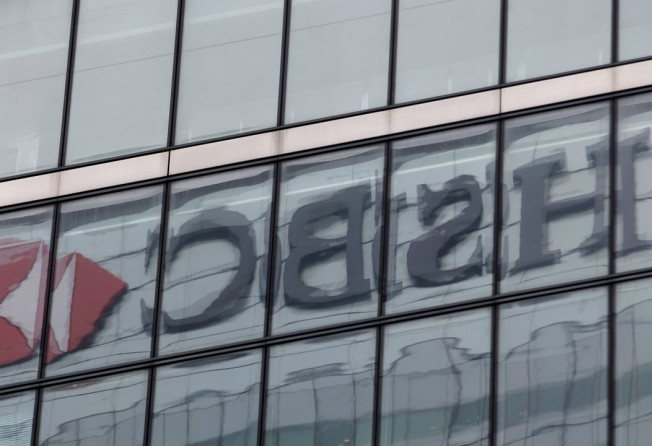‘Tis the season of disillusion so is it time to cast away, Stuart?
HSBC is not the institution it used to be and these days megabanks are far from favoured entities

...index heavyweight HSBC tumbled to a seven-year low after the company decided to scrap a pay freeze plan aimed at cutting costs due to staff protests.
SCMP, February 13
To everything there is a season, and a time to every purpose under heaven ... A time to get and a time to lose; a time to keep and a time to cast away...
Ecclesiastes 3: 2, 6
Yes, I think the old preacher of the Bible would have recognised what is happening to HSBC right now. It takes the likes of chief executive Stuart Gulliver not to see it.
There certainly was a time to get for The Bank, as we used to call it. That was in its glory days when it stood solidly behind Hong Kong’s industrial emergence, backing the rise of the rag trade and ruling the local financial market with good sense and an occasional show of muscle. If The Bank pointed a finger in your direction and said, “No”, then No it was. HSBC back then stood for Home for Scottish Bank Clerks.
It grew from there, moving off into the rest of Asia and then further afield as “The bank that Michael built.” In fact its most renowned chief, Michael Sandberg, did not so much build it as glue it together from bits all over the world. It worked well at first.
Now, however, it no longer works so well. It is no longer the stock of which you buy a board lot every month as your personal provident fund. Now has become a time to lose and a time to cast away. The glue is cracking.
Can it return to its glory days? Will Mr Gulliver get his “positive jaws” (dreadful figure of speech that) of faster revenue than cost growth? Can he push return on equity back over 10 per cent?
I doubt it and, if he does achieve it, it will be a last gasp.
For one thing, it’s a much changed world in the banking industry now. The day of the worldwide megabank is coming to an end. Big has not proved better. Big has rather proved near impossible to manage while there is ever less value in having a global one-stop banking shop in today’s digital world.
Megabanks have also become mega-targets for regulators, with HSBC particularly prominent as it has no home government to protect it from the worst of them. A London home base has certainly disappointed that way.
But the bank also has itself to blame. It meekly bows to these sanctimonious wolves, pays them billions and never challenges their allegations in court. I can understand this when blackmail (pay up or we’ll lay personal criminal charges against you) is a favourite regulatory tool, but it does not inspire loyalty in the troops.
The latest threat is America’s FATCA, the Foreign Account Tax Compliance Act, which makes banks outside the US responsible for policing US tax collections abroad. This has HSBC in deep fright and its effect will be to fragment the industry. Small banks will emerge to prominence as small mammals did when the dinosaurs vanished.
Mr Gulliver, however, is not one to recognise a changed world. Only last year, for instance, he had the gall to say that 20 people in London run HSBC, showing not the slightest embarrassment that this institution is promoted on airport gangways everywhere as the world’s local bank.
And now he shows even more signs of having lost his way. His 20 people are reportedly dithering and fidgeting about whether they should keep their headquarters in London or officially move back to Hong Kong. It will be London, of course. It’s only a show and they don’t seem to realise that all it does is show them as irresolute.
Most recently we had Mr Gulliver announcing a pay freeze and then backtracking, but not really, as the pay increases will come out of the 2016 bonus pool. He wandered off finally in musings about delivering on obligations to shareholders.
Stuart, to everything there is a season and this is the one for you to resign.